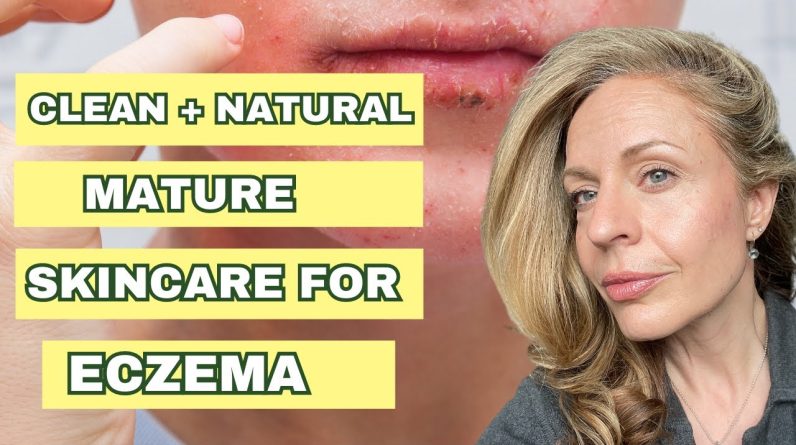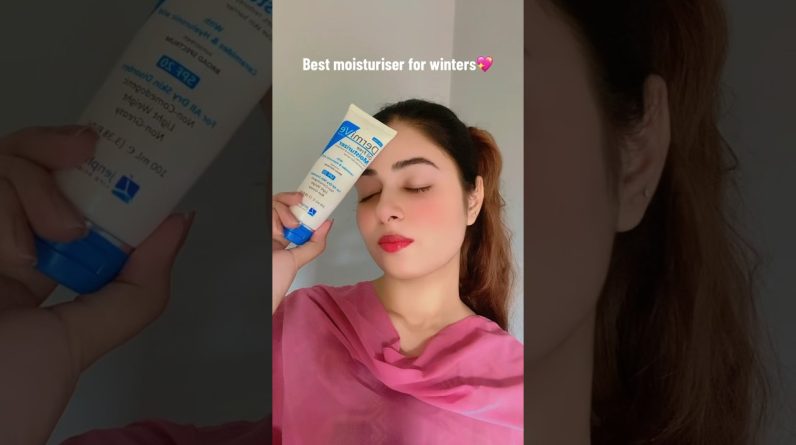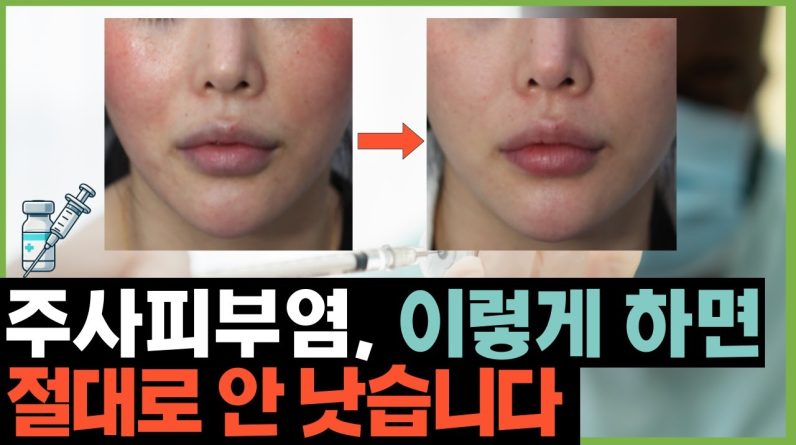Eczema can be uncomfortable and unsightly, but more importantly, difficult to treat. In this episode of DermTV, Dr. Schultz discusses one of the most common mistakes people make when treating eczema as well as one of the best ways to treat it.
Subscribe to DermTV:
Connect with DermTV:
[TRANSCRIPT]
Eczema is uncomfortable and unsightly. But here’s the good news: if moisturizers and cortisone creams aren’t giving you relief, help may be shockingly simple.
The name Eczema just sounds uncomfortable… and it is. It’s not exactly an onomatopoeia, but it’s cacaphony tells you it’s not something you want. Eczema’s most immediate impact is discomfort, whether it’s itching or burning or both, and even worse for many people, are the unsightly patches of redness, flaking and even crusting which, when on the face, just don’t cover well with makeup. Eczema is often persistent, but when it does go away, just to make matters a little worse, it tends to be recurrent and come back for no apparent reason.
While eczema can be anywhere on the body, it’s the visual impact of the patches of facial eczema that’s usually the deal breaker. Your first reaction is usually to use a moisturizer because of the flakes, because most people think of flaky skin as being caused by dryness. But flaky skin is actually the result of many other skin problems such as inflammation or infection, which together or individually, cause the flaking in eczema. And since moisturizers don’t help either of those problems, they don’t help your eczema. Then it’s onto cortisone creams, readily available over the counter, as well as stronger ones by prescription. If the cause of the flaking, redness and discomfort is inflammation, then the anti inflammatory powers of the cortisone cream will provide meaningful relief for your eczema.
But so often cortisone creams don’t work because hidden in the redness and flaking and crusting is an invisible and mischievous infection. That infection is usually caused by familiar germs like staph or strep bacteria. But here’s the twist. Through a positive feedback mechanism, the bacteria make the eczema worse, so unless you treat the infection with an antibiotic, the eczema won’t get better. So to finally control your eczema, in addition to the cortisone cream, a topical antibiotic ointment applied to the eczema at least four times per day is essential and often works magic. My favorites are Bacitracin and Polysporin ointment, both of which are available without prescriptions.
Your take away for treating persistent eczema anywhere on the body should be to use topical antibiotics in addition to cortisone creams and that moisturizers usually aren’t helpful.
And now a bonus for the medically curious viewers! The flakes and crusts of the eczema are wonderful nutrients helping the bacteria grow and multiply. The byproducts from bacterial growth are intrinsically irritating, so they make the eczema worse. This then causes more flaking and crusting. Which then feeds the bacteria more… increasing their growth even more… and amplifying the positive feedback cycle which can only be broken by an antibiotic. I think that’s cool.
[ABOUT DERMTV]
Everyone can have beautiful, healthy, and younger looking skin, and DermTV, the Internet’s daily skincare video show, will demonstrate how by revealing expert tips and techniques and by providing real solutions for real skincare issues.
Skincare (whether cosmetic or medical) previously required a trip to your dermatologist or a shopping spree at the pharmacy. And that’s if you have a trusted nearby dermatologist or a local informed pharmacy. But not anymore. We at DermTV are committed to making best-in-class dermatology and skincare guidance accessible to everyone, anytime, at your computer.
Every weekday, our host, Dr. Neal Schultz, one of New York’s most trusted and respected dermatologists, teaches skincare’s most timely and timeless issues. Topics include: the best at home techniques and new technology for facial rejuvenation, preventing and fixing sun damage from wrinkles to skin cancer, breaking news in dermatology, general skincare topics, and more.
source








